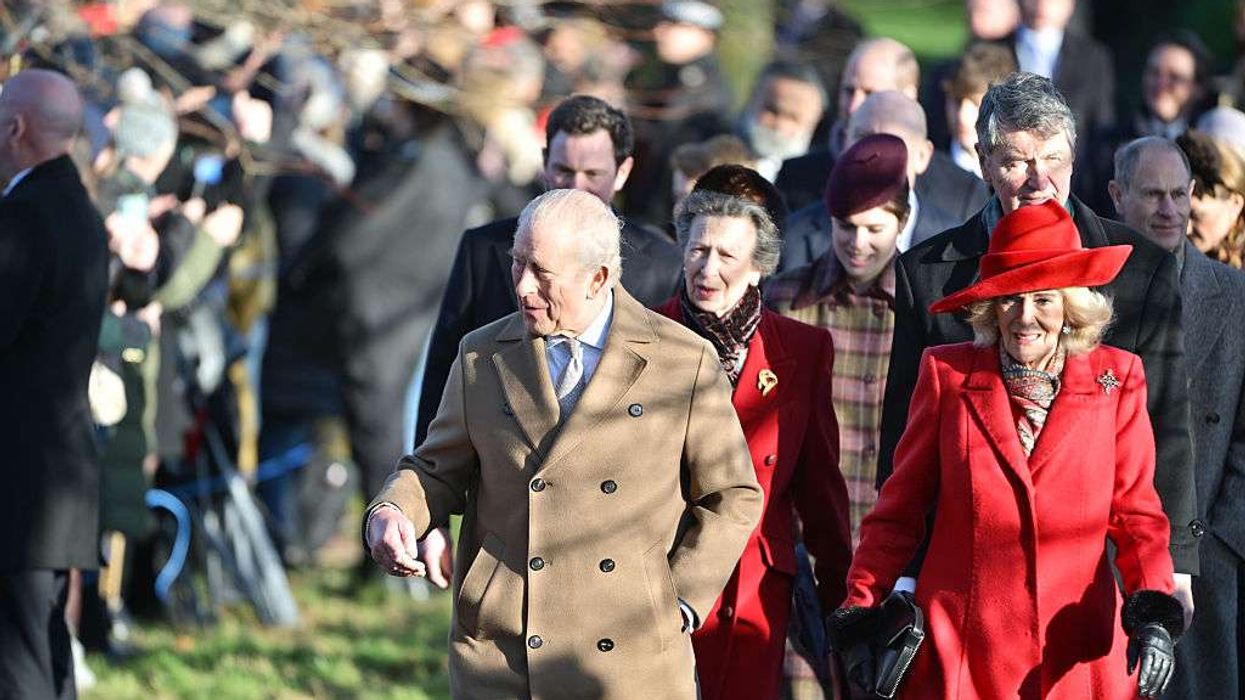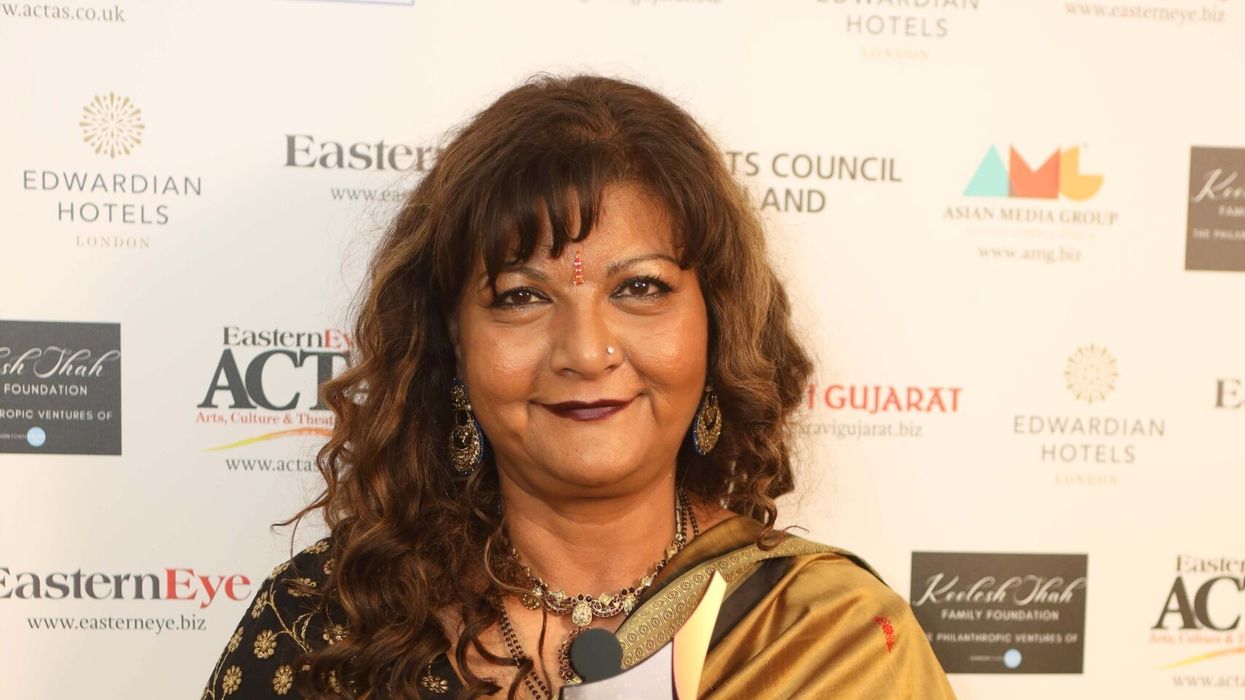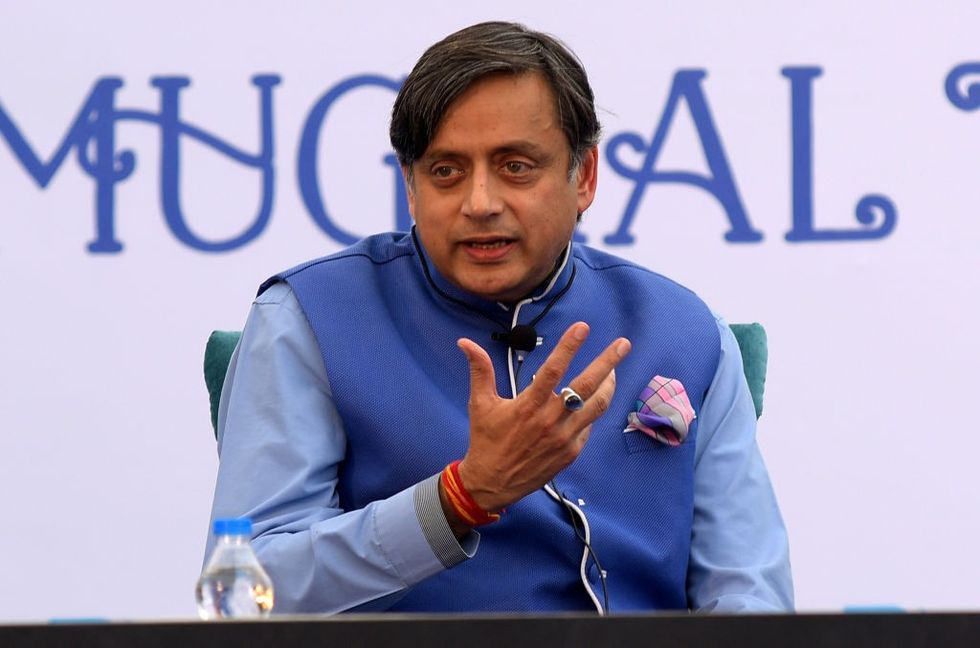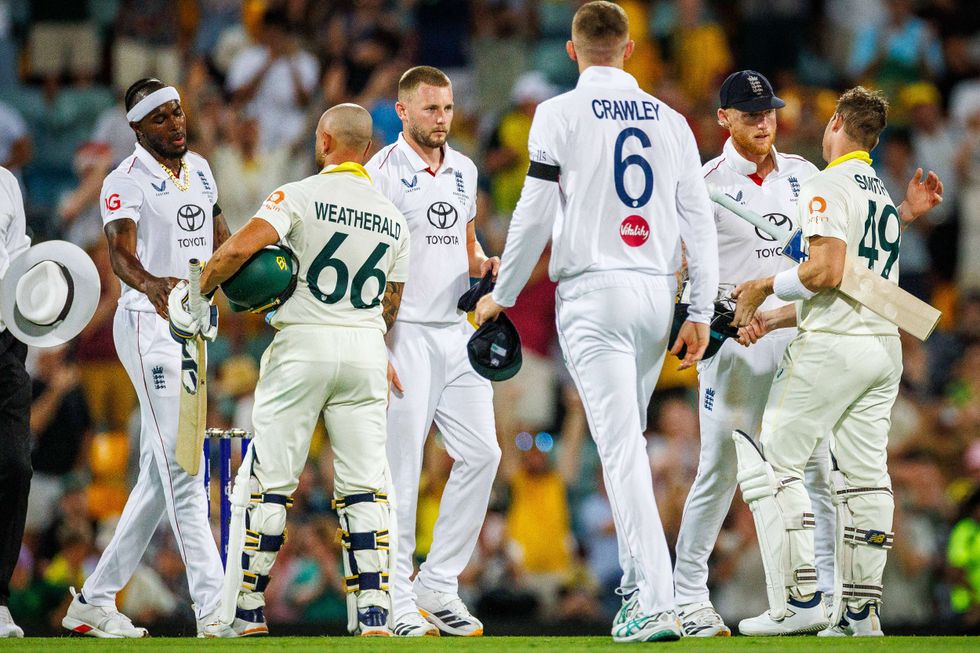By Amit Roy
A SUBCONTINENTAL expression which amuses me is “a befitting reply”, which Pakistani and Indian politicians and generals deploy every time the two countries have any kind of conflict.
Now, Vikram Seth has given a ‘befitting reply’ to the suggestion that Andrew Davies should have been disqualified from adapting his novel, A Suitable Boy, for BBC TV on the grounds that he is white.
The task should, instead, have been given to an Asian scriptwriter, according to Nikesh Shukla – author of The Good Immigrant – and some others.
Shukla said: “With such a lack of shows about south Asian lives on television, it’s such a slap in the face that a mainstream show was written by a white guy. I am not interested in Vikram Seth and Andrew Davies and who chose who… I am only interested in what opportunities there are for brown screenwriters.”
He also tweeted: “If brown writers aren’t approached to write stories that aren’t specifically about being ‘brown’ (ie, in the default world of whiteness) and they aren’t approached to write stories about brown people, what opportunities are there? Where do you go? What do you do?”
Seth has now hit back by saying that race “should have nothing to do with it”. To a great extent, I agree with him, though what Shukla says is also not without merit. Perhaps he should have actually named some suitable scriptwriters, assuming they exist.
The author of one of the longest novels in the English language countered with a very pertinent question: “Should I, as an Indian, not have written An Equal Music because it’s set in an English string quartet? Or The Golden Gate because it’s set in California and doesn’t have any Indian characters?”
It should, of course, be pointed out that Seth has had a privileged western education, first at Doon, then at Tonbridge and Corpus Christi College, Oxford, and finally at Stanford University in the US.
Davies, who attended Whitchurch Grammar School in Cardiff and University College London, is recognised as one of the best scriptwriters in the business.
Seth continued: “Should Ang Lee not have directed Sense and Sensibility because he’s culturally Chinese? Should Andrew Davies not have adapted War and Peace because he isn’t Russian?
“There’s only one criterion: are you good at something or not? Colour, gender, sexuality, religion, age and how many whorls there are in the fingerprint of your left thumb should have nothing to do with it.”
Seth, who was either involved in choosing Davies or blessed his selection, added: “After seeing War and Peace and Les Miserables (neither of them particularly English), it was obvious to me that Andrew has a huge gift for bringing the essence of an expansive book into believable, filmable human vignettes – and for connecting these into an organic and compelling whole.
“Of course Andrew is not Indian,” Seth concedes. “But whenever something in the script did not quite fit the context of early post-Independence India – and how could he possibly have known every detail of that, any more than when dealing with Tsarist Russia? – there were other interpreters to point this out. There was me as the writer, there was Mira (Nair) as the director. We indicated anomalies, and Andrew took things on board.
“Together, through an iterative process, we have created something that retains Andrew’s wonderful moments of television drama but also includes aspects of India, such as considerable chunks of dialogue in Hindi and Urdu – where they ring true – and that reinforce its authenticity. The result is far better than I, the anxious author, could have imagined.”
Eastern Eye readers will soon be able to judge for themselves as the six-part adaptation of A Suitable Boy begins on BBC1 on Sunday (26) at 9pm.





 Tanika Gupta
Tanika Gupta  Shashi Tharoor AFP via Getty Images
Shashi Tharoor AFP via Getty Images  English cricket writers are distraught that in the current “Ashes” series against Australia down under Getty Images
English cricket writers are distraught that in the current “Ashes” series against Australia down under Getty Images 





